
The nation will pause on Friday, August 15 as the state bestows formal military honours on eight Ghanaians who died in last week’s Ghana Air Force helicopter crash in the Adansi area of Ashanti Region. The ceremony, scheduled for Black Star (Independence) Square from 8 a.m., follows Islamic burials already performed for two of the deceased in accordance with custom.
Flags will again be at half-mast; dignitaries from across the political spectrum are expected; and the Armed Forces will stand to attention for their own.
The Z-9 helicopter, operated by the Air Force and headed toward Obuasi, went down on Wednesday, August 6, killing all aboard. Among the dead were two serving Cabinet ministers – Defence Minister, Dr. Edward Kofi Omane Boamah and Environment, Science, Technology and Innovation Minister, Alhaji Dr. Ibrahim Murtala Muhammed – together with the acting deputy national security coordinator, a senior party executive, an emergency-management official and three Air Force crew. Government has opened an investigation and promised transparency.

The eight who will be honoured
Dr. Edward Kofi Omane Boamah, 50, Minister of Defence
A medical doctor by training and a long-standing figure in public life, Dr. Omane Boamah previously served as Minister of Communications and, earlier, as a deputy minister at the environment ministry. He was appointed Defence Minister on January 30, 2025. Colleagues often noted his blend of technocratic detail and political discipline; he moved between health policy, digital infrastructure and national security portfolios with assurance. Beyond Cabinet, he was known in party circles as a strategist and speechwriter; a book on the late President John Atta Mills was due later this year.
Alhaji Dr. Ibrahim Murtala Muhammed, 50, Minister of Environment, Science, Technology and Innovation; MP, Tamale Central
Dr. Muhammed combined parliamentary politics with two spells as deputy minister under previous administrations, including at Information and at Trade & Industry. In February 2025, he took office at the Environment ministry with a brief to coordinate government’s response to illegal mining and environmental degradation. A development planner by background, he retained a popular grassroots profile in Tamale Central. His Janus-faced workload, parliament and a difficult portfolio made him one of government’s more visible ministers in 2025.
Alhaji Limuna Mohammed Muniru, 57, Acting Deputy National Security Coordinator; former Northern and Upper East Regional Minister; former Minister for Food & Agriculture
Limuna Mohammed Muniru (1967–2025) served as Northern Regional Minister, Upper East Regional Minister and Minister of State at the Presidency. At the time of his death, he was acting Deputy National Security Coordinator.
Born on 8 August 1967 in Langbonto, Damongo, he was educated in Tamale and Damongo, later earning a Bachelor of Arts from the University of Ghana, with further studies at GIMPA and the London School of Hygiene & Tropical Medicine.
Married with four children, Muniru died on 6 August 2025 in a military helicopter crash in the Ashanti Region, alongside seven others, including senior government officials.
His CV straddled public administration and health policy, with postgraduate training in Health Policy, Planning and Financing at the London School of Hygiene & Tropical Medicine and LSE. Friends and rivals alike describe a conciliator with a preference for back-channel diplomacy. He had been politically active from the Northern Region through to Accra for three decades.
Dr. Samuel Sarpong, 67, First National Vice-Chairman, NDC; former Mayor of Kumasi; former Ashanti and Central Regional Minister
A former regional boss of the Serious Fraud Office (now EOCO), Dr Sarpong entered elective politics as Kumasi’s Metropolitan Chief Executive, later becoming Ashanti and Central Regional Minister under the Mahama administration. At the time of his death he was a national vice-chairman of the governing party and had recently been designated board chair of Cocoa Processing Company. His career reflected the interlacing of local and national power in Ghanaian politics: he nurtured party structures while tending to the nuts and bolts of metropolitan governance.
Samuel Aboagye, party organiser and deputy disaster-management official
Samuel Aboagye, until his death, served as Deputy Director-General of the National Disaster Management Organisation (NADMO) and was an active member of the NDC in Obuasi East. Known for his grassroots mobilisation and commitment to community welfare, he contested in a closely fought election and was recognised for his charitable works.
A native of Obuasi, a town with a rich gold-mining history, Aboagye was regarded as humble, accessible and socially responsible. Though details of his personal life and education remain private, he was widely considered well-educated, with strong communication and organisational skills that underpinned his leadership roles. His passing is seen as a significant loss to his family, party and the people of Obuasi East.
Colleagues credit him with competence during flood response drills and keeping party machinery running in a competitive mining constituency. His inclusion on the flight reflected the mission’s hybrid character – security, environment and politics braided together.
Sqn Ldr Peter Bafemi Anala, pilot; Fg Offr Manin (Manaen) Twum-Ampadu, co-pilot; Sgt Ernest Addo Mensah, aircrew
The three airmen were part of a cohort of middle-ranking professionals who keep the Air Force’s utility fleet flying – to evacuate casualties, move officials and ferry supplies, often under austere conditions.
Their names will be intoned on Friday with the military rites accorded to those who die in service. In death, they remind the country that routine air tasks can be unforgiving – and that the professionalism demanded of crews is learnt one sortie at a time, not merely on parade grounds.
A nation’s shock and a sober context
National tragedies invite solemn ritual; they also demand perspective. Today’s rites at Black Star Square sit within a year in which preventable deaths on land and water continue to mount.
Even as Ghanaians gather to honour the eight, more families are navigating grief that seldom reaches state occasions.
After the volley
Today’s programme will follow a familiar arc: ecumenical prayers; official tributes; a reading of short profiles; the last post; a three-volley salute; the slow folding of flags presented to families. It will be the nation’s turn to speak, in the manner democracies do at such times: grateful, sombre, brief. The symbolism will be acute: the Square as a civic stage; the military’s precision; the families’ composure.
It will also be a moment to remember why the helicopter was airborne. The route to Obuasi was not ceremonial; it was a working visit to the front lines of a costly problem. The deaths of Dr. Omane Boamah, Dr. Murtala Muhammed and the six others on board will be honoured with words and a march-past.
They should also be honoured with a more exacting standard of follow-through – on road enforcement that saves anonymous lives, on water transport rules that keep ferries upright and on an anti-galamsey policy that narrows incentives for destruction and keeps rivers drinkable.
The public will know soon enough whether the state will take tomorrow’s lesson to heart.
The post Gallant men go home today appeared first on The Business & Financial Times.
Read Full Story

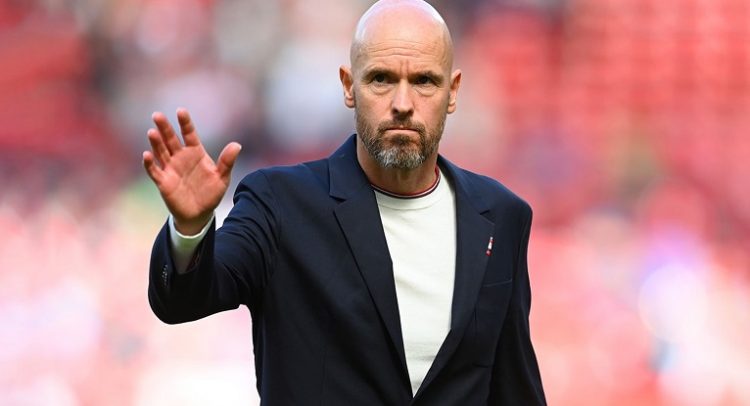
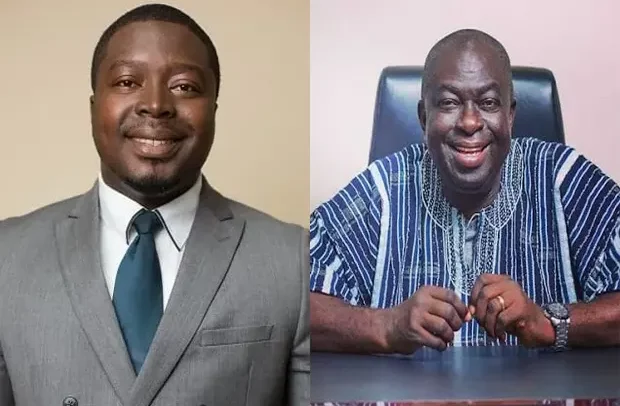


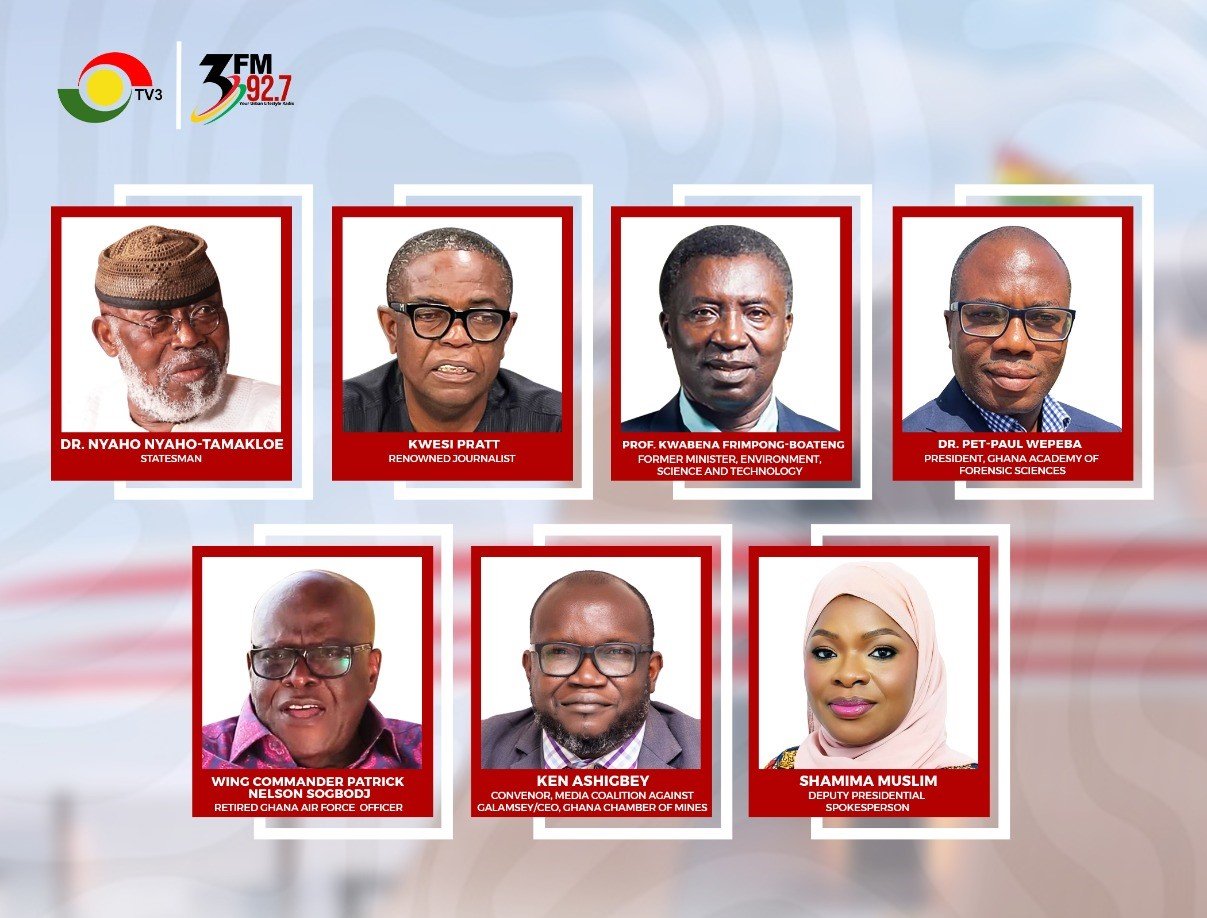


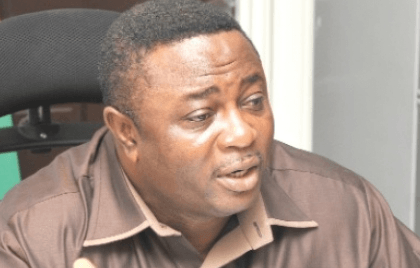

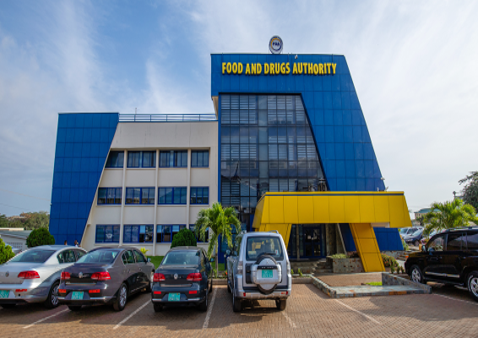
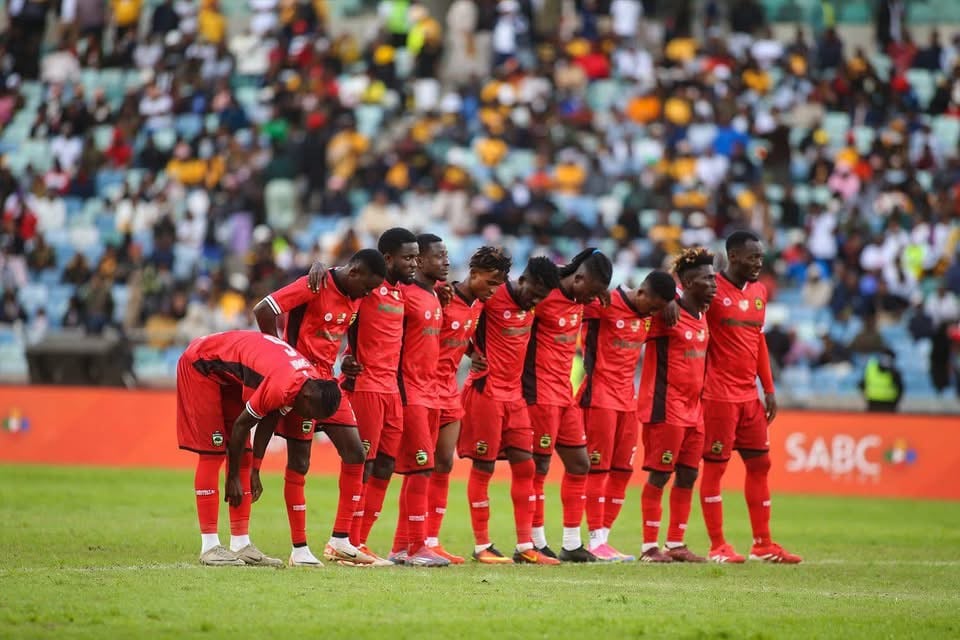
Facebook
Twitter
Pinterest
Instagram
Google+
YouTube
LinkedIn
RSS